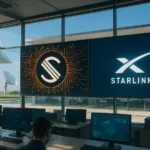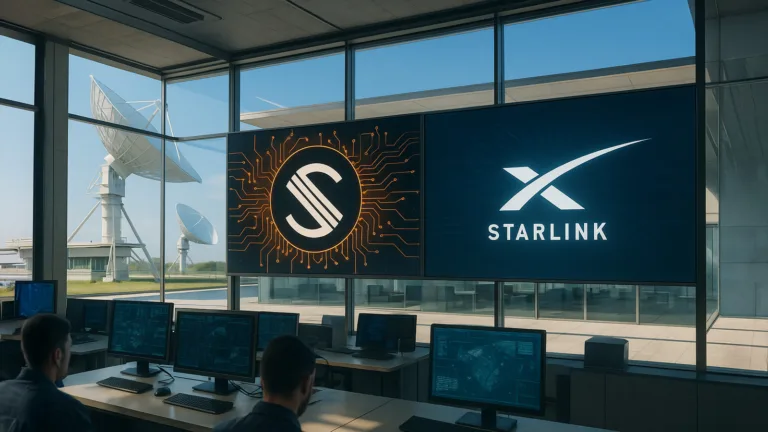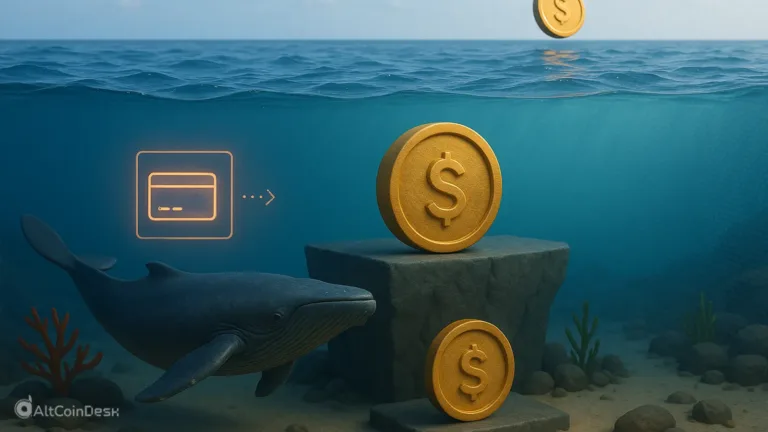The competitive edge of the digital world has driven several tech companies to boost their ventures beyond our imagination. Elon Musk’s Starlink, the satellite internet service, has already moved in advance, bringing high-speed internet to various regions across the world. Now, a new competitor is emerging: U.S. blockchain startup Spacecoin! According to news agency Reuters, Spacecoin had successfully sent secured data through space to rival Starlink.
Blockchain to space
The blockchain startup did not randomly send information, but it was a blockchain transaction on its first satellite, CTC-0, from Chile to Portugal. The 7,000 km transaction is just its debut, and it is working on more data transmission in the future.
The @_spacecoin team has successfully made a blockchain transaction on our first satellite (CTC-0). The transaction was sent from Chile to Portugal, 7,000 km away. Now we are moving on to the next mission. pic.twitter.com/R2a5Qo9WJD
— Tae Oh 🐧 (@taelimoh) October 1, 2025
Now, here is what you should not be confused with: a blockchain transaction typically refers to a payment transaction, but in this context, it represents a data exchange. In short, the blockchain startup encoded a blockchain transaction into satellite communication.
The core mission of the blockchain startup is to deliver internet access to users facing censored, unreliable, or highly expensive connections, stated the founder, Tae Oh, in a letter emailed to the news agency. When information passes through the satellite through blockchain technology, it cannot be faked, altered, or intercepted by bad actors; this is where Spacecoin plans to thrive.
Why does this matter?
Challenges the centralized internet space
Spacecoin’s debut move suggests that blockchain-based nanosatellites can transmit data across vast distances, circumventing the limitations of terrestrial internet backbones.
Blockchain is beyond finance
Blockchain is primarily associated with money and cryptocurrencies. When Spacecoin expands into physical infrastructure, the blockchain becomes the governance layer for how satellites share data.
New opportunities emerge
For Spacecoin, their blockchain satellite transaction is a good opportunity to provide internet services to regions disconnected due to regulatory hurdles, geographic challenges, and high costs.
Competition heats up
If the new initiative is a rival to Starlink, it could also pose a challenge to other upcoming tech companies, unless they innovate beyond blockchain alone.
Big vision, tough road ahead
Spacecoin’s unique approach of deploying blockchain for satellite communication is a momentous beginning. However, when compared to Starlink, its scale, maturity, and technological robustness are limited. Since Spacecoin is in its early stage, it has miles to travel to overcome Starlink. Musk’s satellite network already has thousands of satellites delivering broadband internet to millions of users.
One conclusion we can draw is that Spacecoin has blockchain-linked satellite communication, but its technology remains limited compared to Starlink. Meanwhile, Starlink lacks innovative blockchain technology, yet it holds far more robust technologies.














